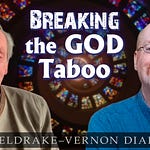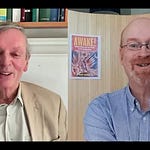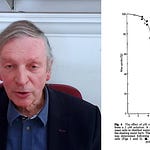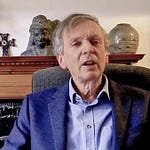The talk questions two foundational assumptions of modern science: that the laws of nature are eternal and fixed, and that the fundamental physical constants are truly constant. The ‘laws’ may be more like habits, and the constants may fluctuate.
We inherited the idea of eternal laws from ancient Greece—Pythagoras’ eternal numbers and Plato’s eternal for…
Listen to this episode with a 7-day free trial
Subscribe to Rupert Sheldrake to listen to this post and get 7 days of free access to the full post archives.











